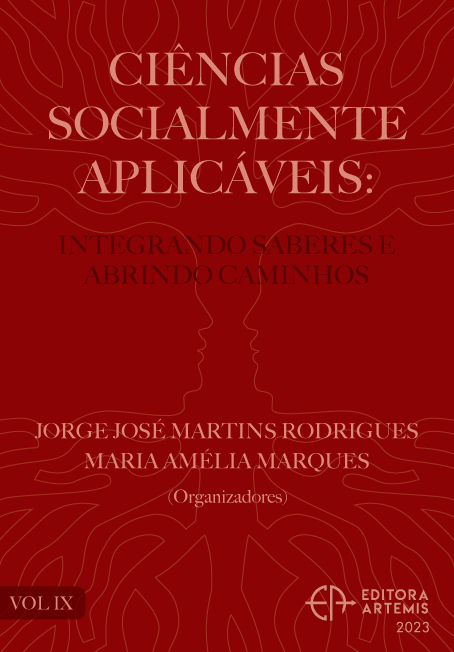
ORGANIZAÇÃO E REPRESENTAÇÃO DO CONHECIMENTO CORPORATIVO
A presente ensaio discute os fundamentos de uma arquitetura baseada em ontologia para gestão da informação e do conhecimento em corporações. A discussão é conduzida a partir de três dimensões principais: i) o estatuto ontológico das corporações, ii) as relações entre as unidades da corporação e iii) as obrigações que a corporação deve gerenciar. Duas critérios são utilizados para análise: o primeiro, descritivo, aborda a estrutura das unidades e subunidades corporativas usando teorias da ontologia aplicada; o segundo, prescritivo (normativo), se vale de teorias da ontologia do social para organizar direitos e obrigações. A relevância da análise reside na perspectiva de delinear arquitetura da informação bem fundamentada para corporações através da melhor compreensão da sua natureza, estrutura e poderes deônticos envolvidos. Dessa forma, introduzz-se um framework capaz de atender requisitos dos modernos sistemas de informação no contexto da Web Semântica.
ORGANIZAÇÃO E REPRESENTAÇÃO DO CONHECIMENTO CORPORATIVO
-
DOI: 10.37572/EdArt_2905238284
-
Palavras-chave: corporações, ontologias, sistemas de informação, gestão da informação e do conhecimento.
-
Keywords: corporations, ontologies, information systems, knowledge and information management.
-
Abstract:
The present essay discusses the essential tenets of an ontology-based architecture for the information and knowledge management withinin corporations. The discussion is conducted from three main dimensions: i) the ontological status of corporations; i) the relations among corporate units; and iii) the obligations that corporations have to manage. Two criteria are used in the analysis: the first one, descriptive, approaches the structure of corporate units and subunits using the theories of applied ontology; the second one, prescriptive (normative), employs theories of the social ontology to address rights and obligations. The importance of this analysis rests on the perspective of delineating a well-founded information and knowledge architecture for corporations through a better understanding of their nature, structure, and correlated deontic powers. Thus, we introduce a framework suitable to modern information systems in the scope of the Semantic Web.
-
Número de páginas: 14
- Mauricio Barcellos Almeida
- Christiano Pereira Pessanha

